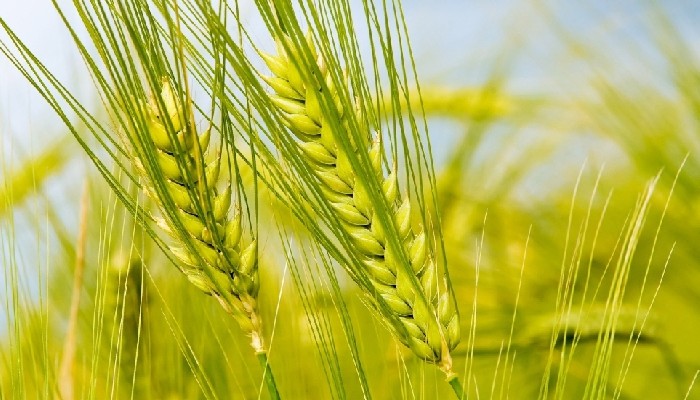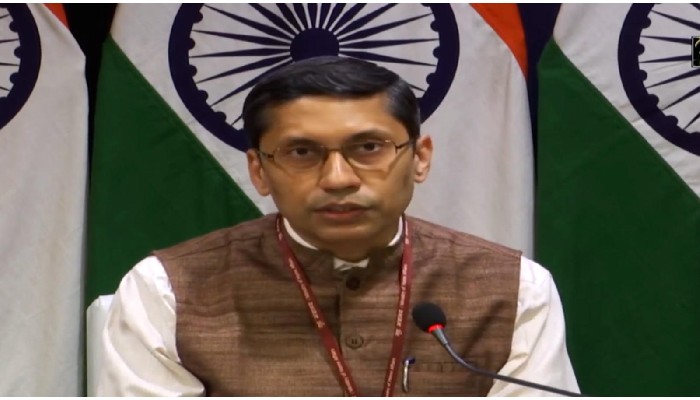Most of the wheat India produces is meant for domestic consumption, not exports
Recent days have seen a concerted campaign against India from some
quarters after it imposed restrictions on the export of wheat from the country.
Global wheat supplies have been hit badly due to the ongoing conflict between Russia and Ukraine, two of the world's major wheat exporting nations.
In such a situation, several countries have started blaming India for the rising global wheat prices as it has imposed restrictions on its exports. The matter is also reported to have been raised by some members at the World Trade Organization (WTO).
This charge falls flat when one looks at the ground reality.
CLAIMS VS GROUND REALITY
India is indeed one of the top wheat producing nations, but this does not by itself make it a major player in the global wheat market. Most of India's wheat produce is intended to meet domestic consumption.
With severe heat wave conditions affecting wheat production in the country, India is well within its rights to try and ensure food security for its own people first.
Despite misleading statements to the contrary, there are those who understand India's position.
German Economic Cooperation and Development Minister Svenja Schulze, for instance, has been quoted as acknowledging that India is currently experiencing the worst drought in a long time.
“That India is concerned about having enough food for its own population (…) – I think that is very understandable,” she said, according to a report by EURACTIV.
The Indian government's argument in support of restrictions on wheat export is unambiguous - it is meant "to manage the overall food security situation in India and to support the needs of neighbouring and vulnerable countries that are adversely affected by the sudden changes in the global market for wheat and are unable to access adequate wheat supplies".
Moreover, despite restrictions announced by India earlier this month, wheat exports are still allowed to countries who are required to meet their food security demands.
"This restriction would not apply in cases where prior commitments have been made by private trade through Letter of Credit as well as in situations where permission is granted by the Government of India to other countries to meet their food security needs and on the requests of their governments," the Ministry of Commerce and Industry said in a detailed press release on May 17.
The order restricting wheat exports is, therefore, meant to serve three main purposes:
* Ensure India’s food security and check inflation.
* Help other countries facing food deficit.
* Maintain India’s reliability as a supplier.
According to the Ministry of Commerce and Industry, the order also aimed to provide a clear direction to the wheat market to prevent hoarding of wheat supplies.
Another point worth reiterating - and this has been highlighted at relevant global forums like the WTO - is that India is not a major exporter of wheat in any case.
According to most estimates, India's share is less than 5% of the global wheat trade.
India's stand on the issue is clear:
* Most of the wheat it produces is for its domestic consumption.
* Global increase in food prices, particularly wheat, is unjustified.
* Hoarding and speculation seem to be at work.
These points were also highlighted by Minister of State (MoS) for External Affairs V Muraleedharan when he addressed the UN Ministerial Meeting on Global Food Security on Wednesday.
Voicing concern over "hoarding" and an "unjustified increase in food prices", he said that open markets must not become an argument to perpetuate inequity and promote discrimination.
"A number of low income societies are today confronted with the twin challenges of rising costs and difficulty in access to food grains. Even those like India, who have adequate stocks, have seen an unjustified increase in food prices. It is clear that hoarding and speculation is at work. We cannot allow this to pass unchallenged," MoS Muraleedharan pointed out.











 Contact Us
Contact Us
 Subscribe
Subscribe
 News Letter
News Letter
 Instagram
Instagram Youtube
Youtube